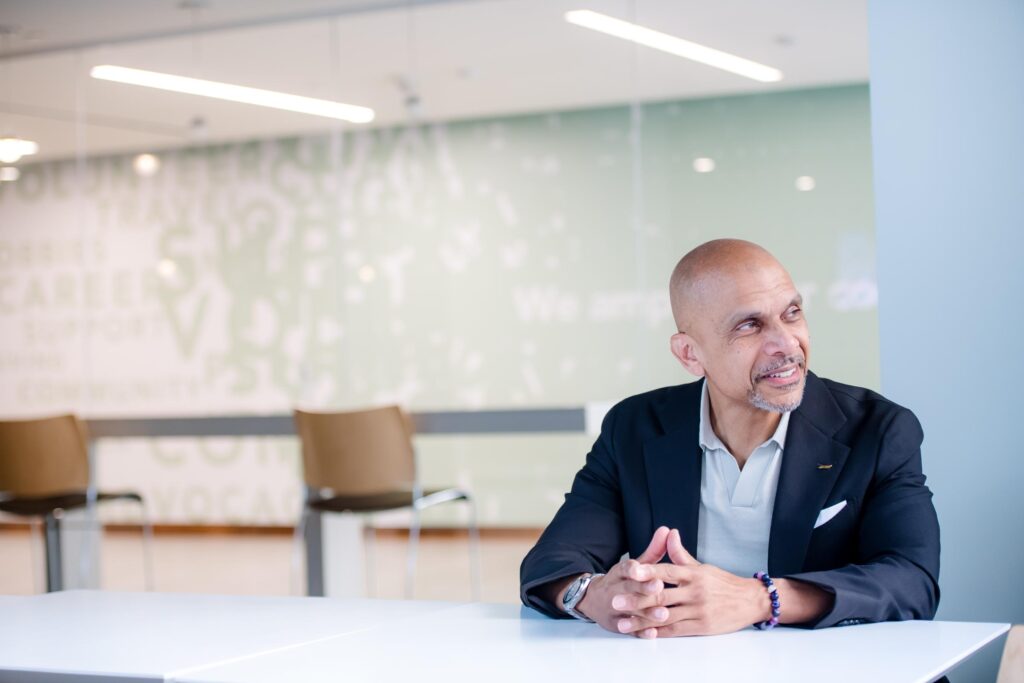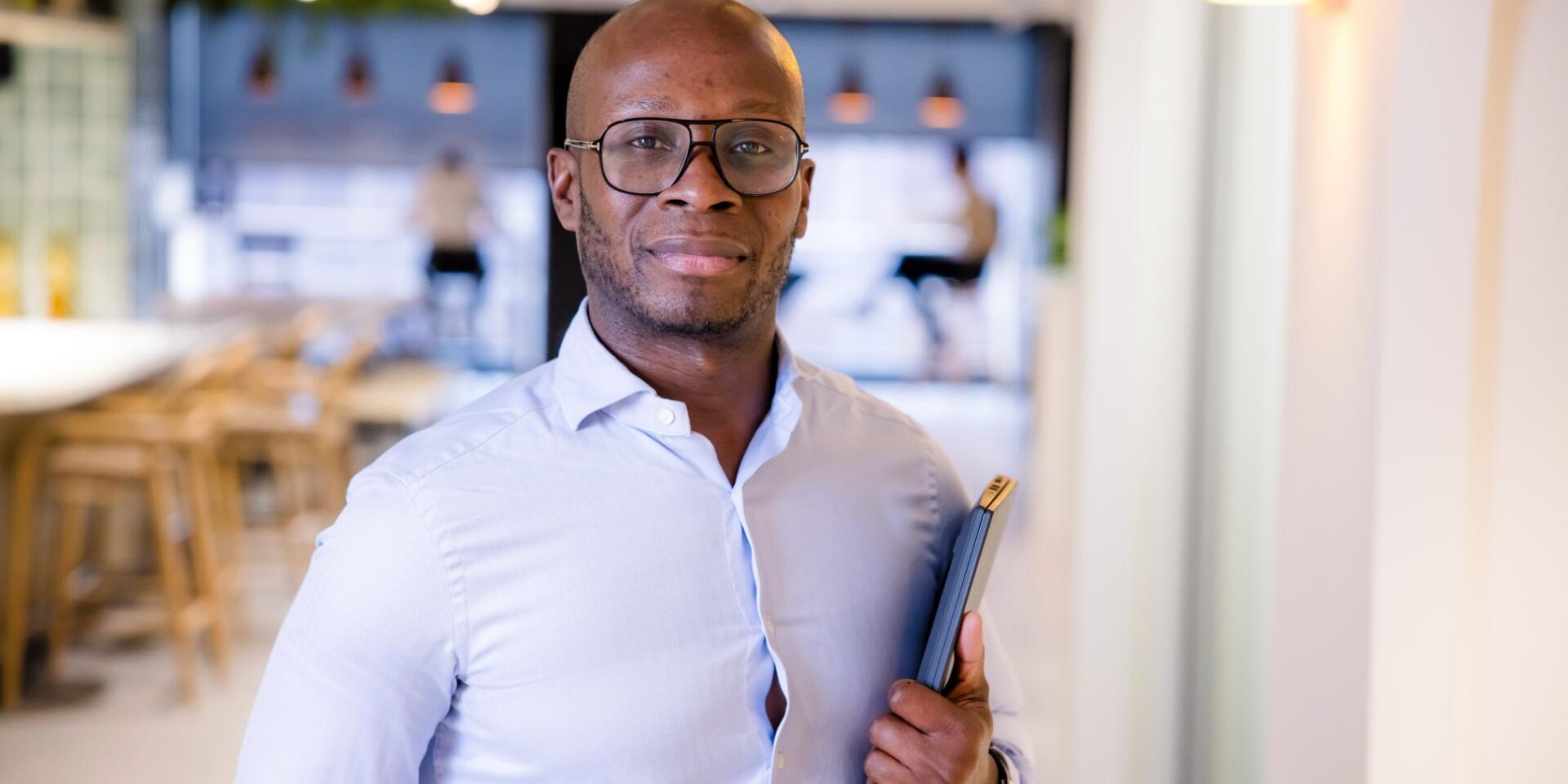What Business Decisions Say About Your Culture
Business decisions speak volumes about company values and culture. What corporations choose to fund, sell, or support programmatically is public proof that they are (or aren’t) who they say they are.
For example, years ago, CVS Health stopped selling tobacco in their stores (a $2 billion dollar per year loss of revenue). Publicly, they were calling themselves a healthcare company; they even changed their name to include the word “Health.” Yet, they sold products that knowingly made people sick. Stories Inc. learned this decision had a rippling impact on employees, inspiring a sense of pride in where they work.
Current business decisions with culture ramifications
Today, under increasing government pressure and public scrutiny, two issues are forcing companies to make important decisions that will show what they truly value: mandating a return to the office (RTO), and funding and supporting DEI efforts. Return to Office decisions are sometimes also DEI decisions, as returning to work often impacts women and other underrepresented groups disproportionately.
No matter where a company stands, candidates need to understand their true stance on both issues. For long-term retention and engagement, and to attract best-fit applicants in the first place, companies must be honest about what they value and how it impacts the employee experience.

Leading examples of business decisions
Here are examples from companies that are clear about where they stand on these issues, using real employee, leader, or program participant experiences to communicate the impact of their decisions.
Akamai
Khalili Smith, Akamai’s Vice President of Inclusion, Diversity and Engagement doubles down on their remote culture and DEi commitments. Akamai will continue to fund two important programs.
Akamai then includes employee stories to punctuate their commitment to recruiting talent that’s diverse.
Microsoft
In a detailed article on LinkedIn, Microsoft’s Chief Diversity Officer and Corporate Vice President of Talent and Learning publicly reaffirmed their commitment to DEI programs. Specifically, she points out that successful DEI programs translate to important business outcomes.
In listing Microsoft’s 2024 actions to create an inclusive workplace, she includes a link to their new employee story series, Inclusion Is Innovation. The example below is an employee story video from the series.
Goldman Sachs
Like Microsoft, Goldman Sachs states publicly that DEI initiatives are good for business and reaffirms its commitments. In addition to supporting its own internal DEI programs and goals, Goldman Sachs makes other external financial decisions that show their commitment to advancing equality and equity, knowing its clients also care about these issues.
In 2021, Goldman Sachs launched the One Million Black Women Initiative, a $10 billion investment commitment with $100 million in philanthropic capital, with the goal to drive economic opportunity for one million Black women by 2030.
Further, members of the program have shared their experiences and successes, which have then been amplified and promoted by Goldman Sachs.
Prove who you say you are
With increased US government scrutiny and complex legal, financial and social issues emerging, more companies will likely dismantle DEI programs in the coming years.
In 2024, Resume.com surveyed 1,000 companies with diversity, equity, and inclusion (DEI) programs to understand how these initiatives may change in 2025. Twelve percent are eliminating or reducing DEI programs this year, and 40 percent plan to reallocate some of their DEI funds to other initiatives. However, 65% of companies are planning to keep their DEI budgets the same, and 22% will increase their funding.

Just like CVS Health was forced to contend with a global health issue (the smoking epidemic), every sweeping change or evolution in our culture is an opportunity to affirm corporate values and culture identity. Today, everyone is watching to see where organizations stand on DEI and other social commitments. It’s a chance for companies to prove who they are. Including employee and other stakeholder stories further shows the impact these decisions have on real people and culture at large.
What actions are your company taking to show candidates, employees, customers, and the public at large what it values? Reach out if Stories Inc. can help you support the impact of your stance with employee and stakeholder stories.

